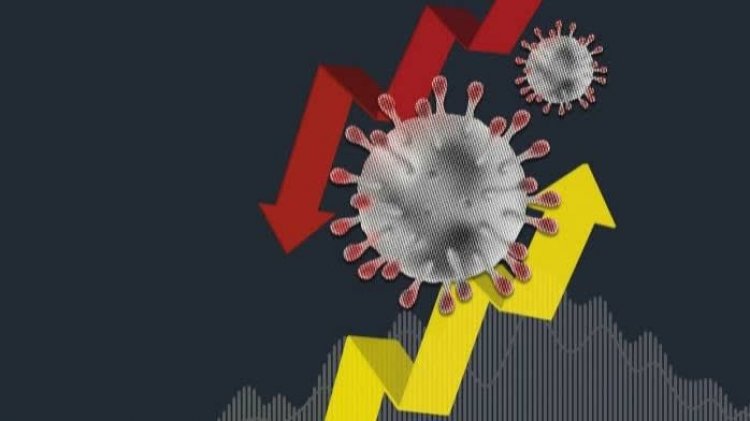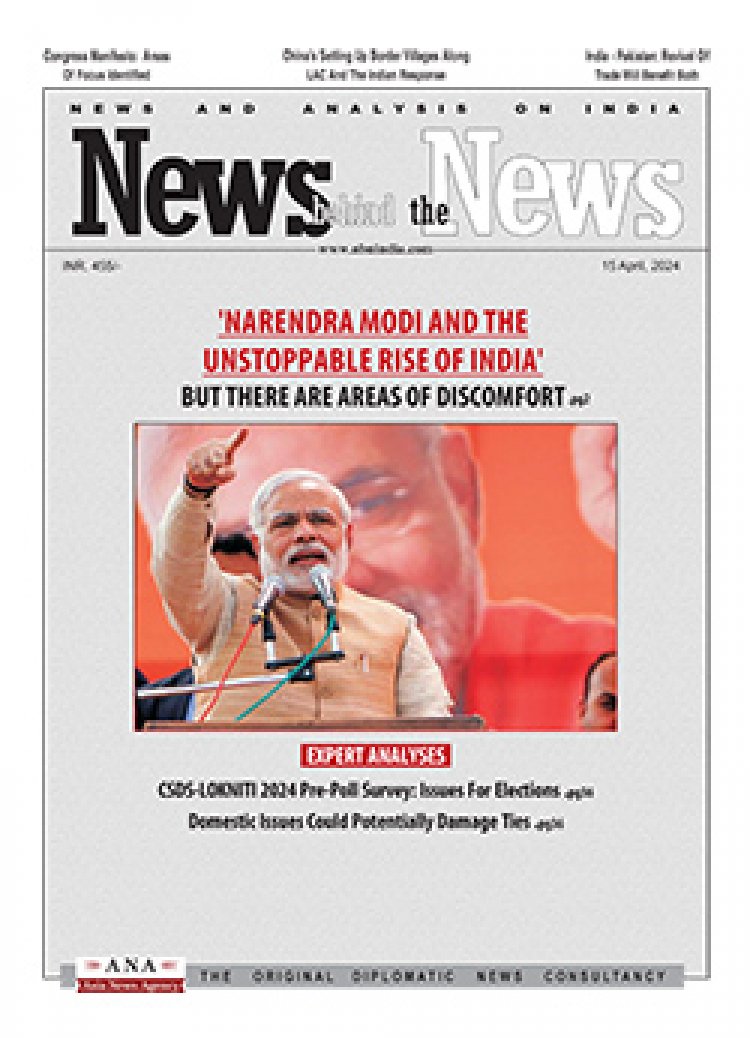Covid-19: International Image Suffers, but India is too strategic to Fail
STORIES, ANALYSES, EXPERT VIEWS

Help to India in its fight against the pandemic came from all quarters - rich nations including the US, UK, Germany, and Australia; developing and emerging markets like Mexico, Indonesia, and Bangladesh; and even from smaller nations like Mauritius, Kuwait and Bahrain.
The assistance, write Samir Saran (President of Observer Research Foundation, ORF) and Akshay Mathur (Director of ORF Mumbai and head of the Geoeconomics Studies Programme across all ORF centres) “came with a sense of camaraderie—with confidence, eagerness, and without prejudice. The tone and tenor of aid being offered is markedly different from ‘north to south’, ‘rich to poor’, ‘developed to developing’, or ‘conditions-based’ grants of the past. It is also qualitatively different from the all-round aid India received in the 1960s or 1970s…….
Global response shows India’s strategic value
The world responded so expeditiously for many reasons. “One reason is India’s emerging salience in global affairs. India today is a strategic partner to many nations. It is a dependable stakeholder in the Indo-Pacific, a dynamic market-based emerging economy with a direct bearing on geoeconomics, and a core member of the club of democracies. How India responds and recovers will be a test for emerging arrangements on economic interdependence, regional security, artificial intelligence, reforming multilateralism, and trade negotiations. India, despite its low per capita income is too strategic to fail—or even to be put out of action for too long.”
Australia spoke of India as a key partner in the Quad in vaccine production. The US move to wait IP protection for COVID-19 vaccines etc showed that shoring up India’s domestic manufacturing capacity is a key motivation for external assistance. A similar perspective came from the India-EU Summit.
Although India is still a developing country by any economic measure, “yet, when seen as a member of the G20, a founding member of the Quad, an invitee to the G7, a member of the alliance of 10 ‘like-minded’ democracies (D10), a member of the Global Partnership on Artificial Intelligence, the chair of BRICS in 2021, an elected member of the United Nations Security Council for 2021-22—India’s aggregate strategic, geopolitical, and geoeconomic weight and influence matters.
“There is also recognition and gratitude for the 66.3 million vaccines India shipped as bilateral aid, contracts, and through the WHO-led COVAX to other nations, before the second wave hit India. True, this approach is being questioned by some today. But if we step away from the polemics of the moment, it is important to recognise this as a sign of India’s commitment to good global citizenship……”
The speed and scale of global support, say the two authors “demonstrates how Indian diplomacy punches above its weight on the international stage and can mobilise help when needed. India today is understood more comprehensively around the world. Its actions and policy positions on global affairs are more pronounced and appreciated……
Paradiplomacy
“A developing side story in this journey of Indian diplomacy has been paradiplomacy.” The role of business chambers is significant. For example, the Federation of Indian Chambers of Commerce & Industry (FICCI) is working with its German counterpart; the US industry-led Global Task Force is working with the US-India Business Council and with the US-India Strategic Partnership Forum.
Similarly, sister-city agreements between for example, California and the German state of Baden-Wuttermberg with Maharashtra, between Japan and the north east, “demonstrates that paradiplomacy by subnational governments in India has come of age.”
A positive global image cannot remain unaligned with the ground realities
In time, India will have to payback. As the pharmacy of the world, it has to live up to its promise as a vaccine source for not just itself, but also its neighbours and the Global South. Only then would its international stature and credibility recover.
For now, India’s external profile now has taken a severe beating as it grapples with an unprecedented health crisis. Shyam Saran (Former Foreign Secretary and Senior Fellow, Centre for Policy Research writes “There are growing apprehensions about the political and social consequences of what is truly an ongoing tragedy of unprecedented proportions in Independent India………” In the age of instant communications across political boundaries, “nothing can be camouflaged. Attempts at such camouflage and fevered reactions to external criticism only serve to undermine our credibility. They invite ridicule……..”
Creating a positive external image of the country, “cannot remain unaligned with the ground realities of a country for any length of time.”
India’s ‘international status’ become ‘complicated'
In the view of Christophe Jeffrelot (senior research fellow at CERI-Sciences Po/CNRS, Paris, professor of Indian Politics and Sociology at King’s India Institute, London, and non-resident scholar at the Carnegie Endowment for International Peace) for India to restore its image “India will have to recover first economically.” But it “remains a reliable partner so far as the main expectations of the US and Europe are concerned: To balance China in the Indo-Pacific. For that, you do not need a public health system. A weaker India – that needs them more — may even be a good thing from the viewpoint of western countries as the country may not be in position to retain all its strategic autonomy.”
In the short run, however, argues Jeffrelot “India’s critical situation may make its rapprochement with the West more complicated simply because New Delhi may be asked more embarrassing questions….”
















